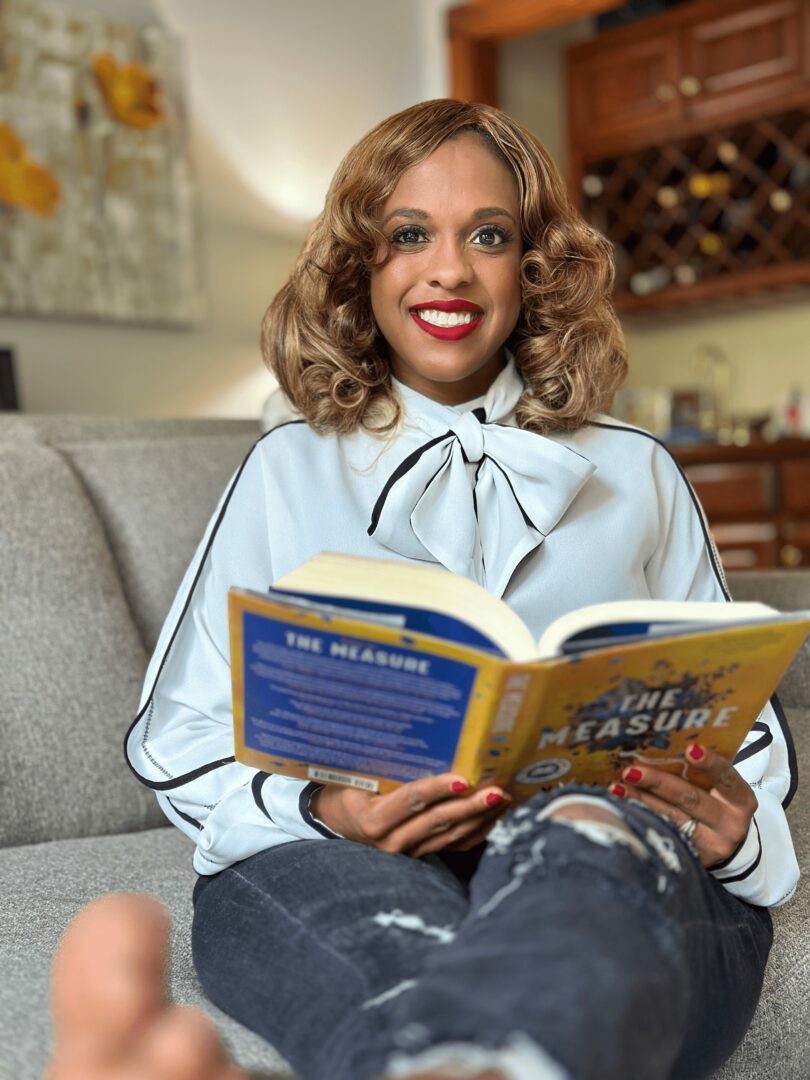We were lucky to catch up with Candace Nortey recently and have shared our conversation below.
Candace, thank you so much for joining us today. Let’s jump right into something we’re really interested in hearing about from you – being the only one in the room. So many of us find ourselves as the only woman in the room, the only immigrant or the only artist in the room, etc. Can you talk to us about how you have learned to be effective and successful in situations where you are the only one in the room like you?
The first time I was the only one in the room, I was in preschool.
The second time, I was a Brownie in Girl Scouts.
I remember being the only one at times in grade school and when I tried out for middle school cheerleading.
Later in high school, I was often the only one in Honors and AP classes and again in specific spaces while attending a PWI (Predominately White Institution) for college.
As my definition of diversity began to embrace a more intersectional lens, I realized there would be many more times that I was the only one in the room, whether the only young Black person, young woman, or Black woman.
So, while being the only one in the room who looks like me has often presented challenges, it has also provided opportunities for growth and success.
I’ve learned to embrace my unique identity and perspective. Remaining true to myself is fundamental. Authenticity fosters genuine connections and allows me to contribute fully without compromising my values. This authenticity builds trust and respect among colleagues. Instead of seeing my differences as a barrier, I view them as strengths. This mindset allows me to bring fresh, innovative, and often counterintuitive viewpoints to the table, enriching discussions and decision-making processes.
Consistently delivering high-quality work has been vital to earning respect and credibility. By focusing on excellence, I’ve demonstrated my capabilities and challenged preconceived notions about my abilities.
Facing bias and sometimes exclusion has taught me resilience. I’ve learned to stay committed to my values and to focus on my purpose despite the many challenges. This resilience has been instrumental in navigating complex environments and staying committed to my goals.
I strive to be a lifelong learner, always seeking to expand my knowledge and skills. Staying informed about industry trends and continuously improving my expertise help me remain a valuable asset in any room. I agree with Mandela that “education is the most powerful weapon [we] can use to change the world.”
These strategies have helped me succeed and empowered me to become a more effective leader and advocate for change.
Great, so let’s take a few minutes and cover your story. What should folks know about you and what you do?
Thank you for the opportunity to share my story and professional focus.
At the core of my being, I am an educator. My focus and journey have always been about leveraging the power of education to nurture growth and make a positive difference. In the latest chapter of my career journey, I am passionate about enhancing equity and creating inclusive opportunities and pathways in the life sciences, healthcare, and beyond.
What I Do
I think about my work in three buckets.
1. Connecting Untapped Talent
By identifying and nurturing untapped talent, we help organizations unlock a wealth of potential that often goes overlooked. When recruiting for key leadership and board positions in biotech, healthcare, and nonprofits, we help create opportunities for individuals from different backgrounds, fostering inclusivity and bridging gaps historically preventing talented individuals from contributing to their fullest.
2. Building Forward-Thinking Leaders and Companies
Developing forward-thinking leaders and companies requires a commitment to innovation, adaptability, and continuous learning. We help leaders cultivate an environment that encourages creativity, collaboration, and proactive problem-solving by hosting educational workshops, providing leadership coaching, and partnering with companies to make their workplace culture initiatives a reality.
3. Navigating Cultural Shifts
Navigating cultural shifts involves understanding and adapting to changing social dynamics and values within the workplace and society. It requires awareness, empathy, open-mindedness, and strategic planning to ensure that organizational culture remains inclusive, relevant, and supportive of all employees. As a thought partner to companies, we advise HR and leadership teams on workplace best practices for culture building and employee engagement.
What Excites Me
What excites me most about my work is the potential to influence and shape companies and the next generation of scientists, innovators, and leaders. Seeing people with diverse experiences and backgrounds succeed and thrive in the life sciences is incredibly rewarding. Our efforts are about building amazing companies through intentional and inclusive recruiting and transforming lives, organizations, and communities.
One of the most notable aspects of our work is the ENVISION mentorship program, which connects students with industry professionals for guidance and support. As the ENVISION Program Coordinator at Slone Partners, I oversee initiatives to develop future life sciences and healthcare leaders. Our program provides mentorship, resources, and opportunities to young people, helping bridge the STEM pipeline gap. We work with students, educators, and industry professionals to create a more inclusive and diverse workforce.
Currently, we are promoting the application process for the 2024-25 school year and are excited about the potential impact this will have on aspiring young life scientists.
New Developments
We recently renovated our digital content to reflect our cultural solutions services better, making it easier for stakeholders to access information and resources. Additionally, we continually expand our network of mentors and partners to provide even more opportunities for our ENVISION program participants.
At Slone Partners, we believe in the power of creating inclusive environments where everyone can succeed. We are committed to this mission and excited about the future as we continue to grow and make a difference in the life sciences industry through recruiting, our advisory services, and providing mentorship opportunities for the next generation of life sciences leaders.
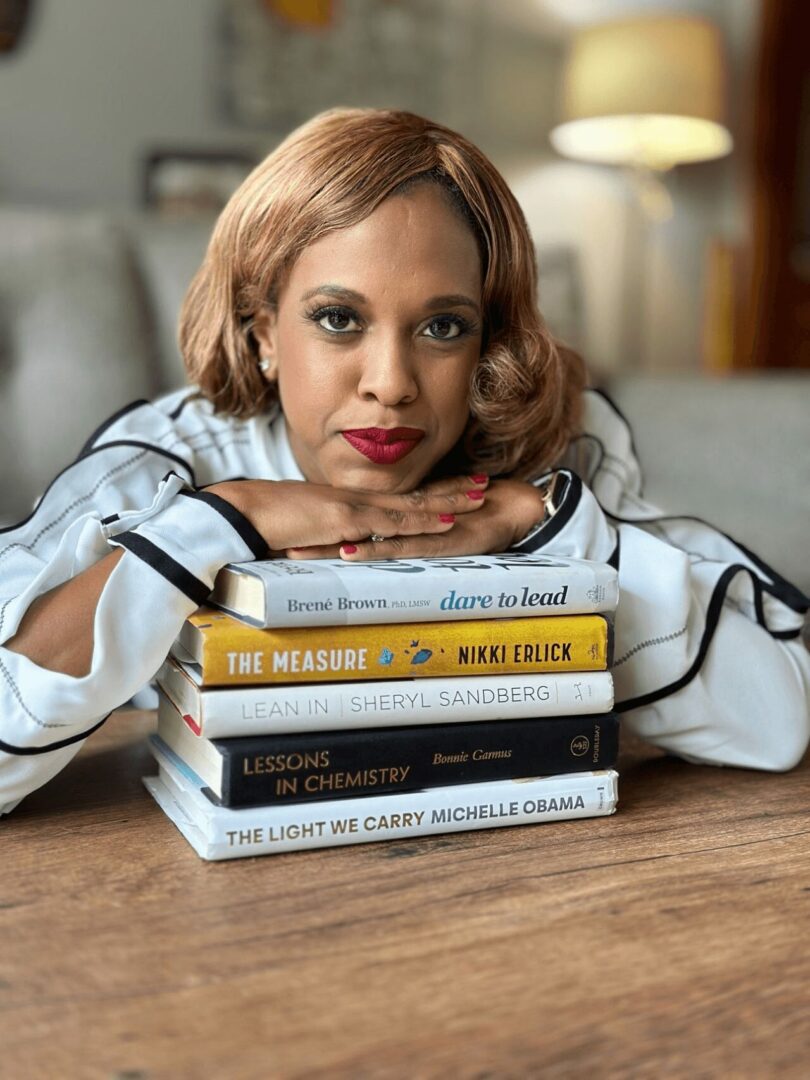
Looking back, what do you think were the three qualities, skills, or areas of knowledge that were most impactful in your journey? What advice do you have for folks who are early in their journey in terms of how they can best develop or improve on these?
Three qualities that have significantly impacted my life journey are humility, courage, and determination. Here’s my advice for those early in their journey on how to develop and improve these essential traits:
Humility involves acknowledging one’s limitations and recognizing the strengths and contributions of others. By appreciating and leveraging your team members’ expertise, you can foster a collaborative and inclusive work environment.
In my experience, humility played a crucial role when I sought guidance from team members who possessed more skill in areas where I lacked proficiency. This openness allowed us to overcome challenges and achieve our goals more effectively collectively.
My Advice:
• Regularly ask for feedback from peers, mentors, and subordinates. This will help you understand your areas of improvement and appreciate others’ perspectives.
• Always give credit where it’s due. Recognize and celebrate the achievements of others, which helps build a positive and supportive environment.
Courage is essential for taking bold actions, embracing transformation, and confronting uncertainties with unwavering resolve. It often means standing up for what’s right, even when it’s difficult. A defining moment of courage in my leadership journey was advocating for inclusivity in a meeting where one participant was consistently talked over. By ensuring that all voices were heard and respected, I reinforced the importance of inclusivity.
My Advice:
• Don’t shy away from difficult situations. Approach challenges with a mindset of finding solutions rather than avoiding conflict.
• Advocate for your values and principles, even if it means facing opposition. Courage is about making decisions that align with your core beliefs.
Determination fuels perseverance and resilience, enabling you to stay focused on long-term goals despite obstacles. It’s about maintaining a relentless drive to succeed even when the odds are against you. When I was newly appointed as a school leader, I faced numerous obstacles and was repeatedly told I wouldn’t succeed. Despite some setbacks, I remained determined to create a thriving workplace for students, teachers, and the community. Our collective determination helped us overcome challenges and achieve success.
My Advice:
• Establish clear, achievable goals and remain committed to them. Break them down into manageable steps to stay motivated.
• Develop a resilient mindset. Learn from failures and use them as stepping stones rather than setbacks. Keep pushing forward, regardless of the difficulties.
Final Thoughts
Developing humility, courage, and determination is an ongoing process. Embrace opportunities to grow these traits through your experiences, interactions, and reflections. By fostering these qualities, you’ll be better equipped to navigate your journey, overcome challenges, and achieve your goals. Remember, success is not just about individual accomplishments but also about how you inspire and uplift those around you.
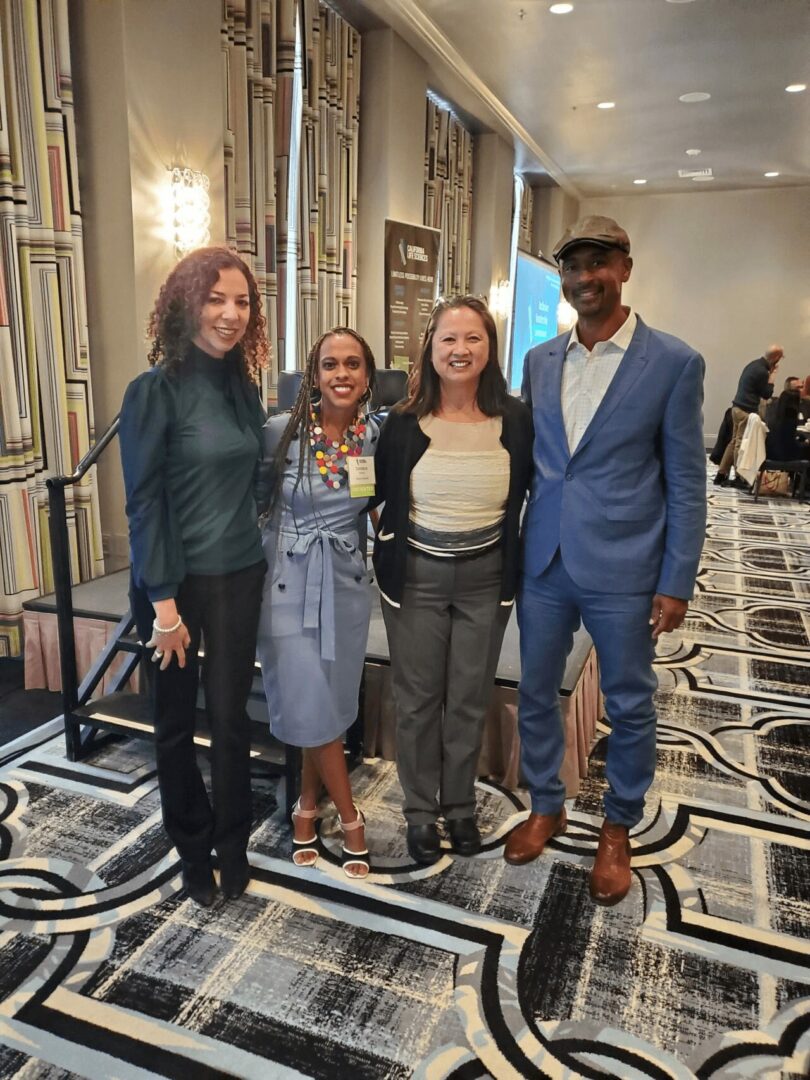
How would you describe your ideal client?
My ideal client is an organization deeply committed to creating a healthy workplace culture where inclusion and belonging are top priorities. They value collaboration, transparency, and continuous learning. Characteristics that make someone an ideal client include:
1. Open-Mindedness: They are willing to embrace new ideas and perspectives and are open to constructive feedback.
2. Commitment to Inclusion: They are genuinely dedicated to creating an inclusive culture.
3. Proactive Leadership: They proactively identify and address challenges and are ready to invest time and resources to create meaningful change.
4. Willingness to Collaborate: They understand the value of partnerships and are eager to work closely with experts to achieve their goals.
5. Long-Term Vision: They are focused on sustainable, long-term improvements rather than quick fixes.
These qualities enable a productive partnership where we can effectively work together to drive impactful and lasting change.
Contact Info:
- Website: https://www.slonepartners.com/cultural-solutions/
- Linkedin: https://www.linkedin.com/in/candace-nortey-ms-ed-s-05ba7262
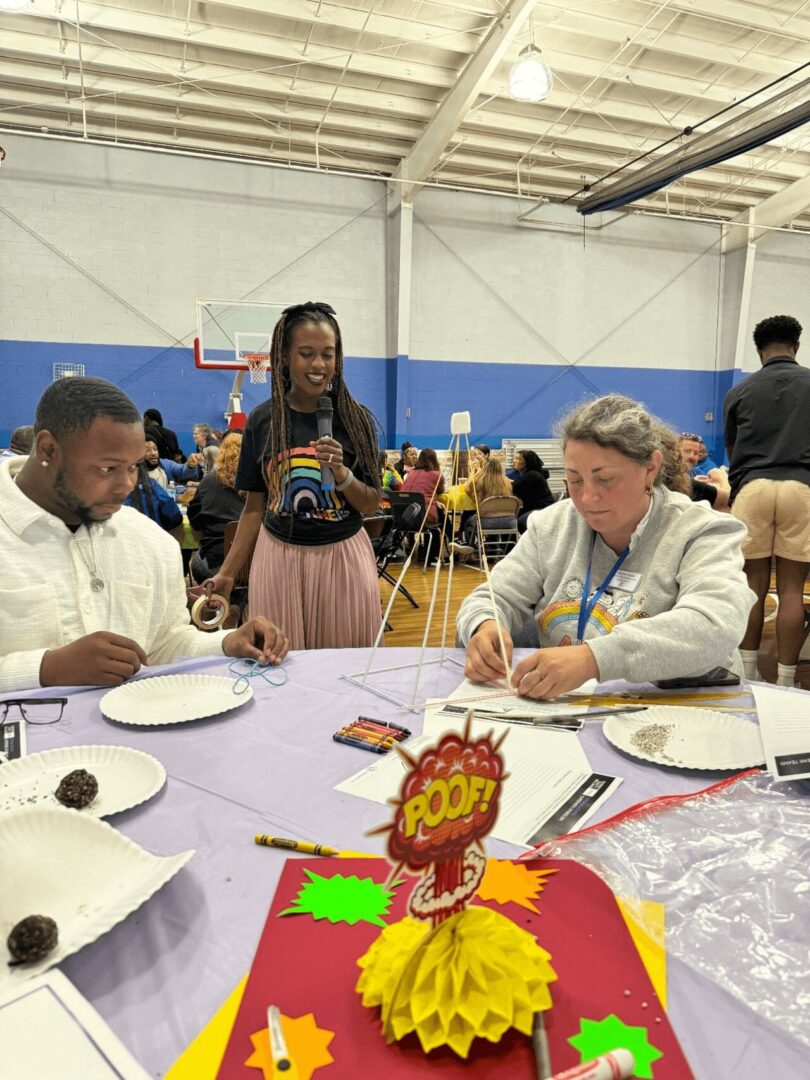

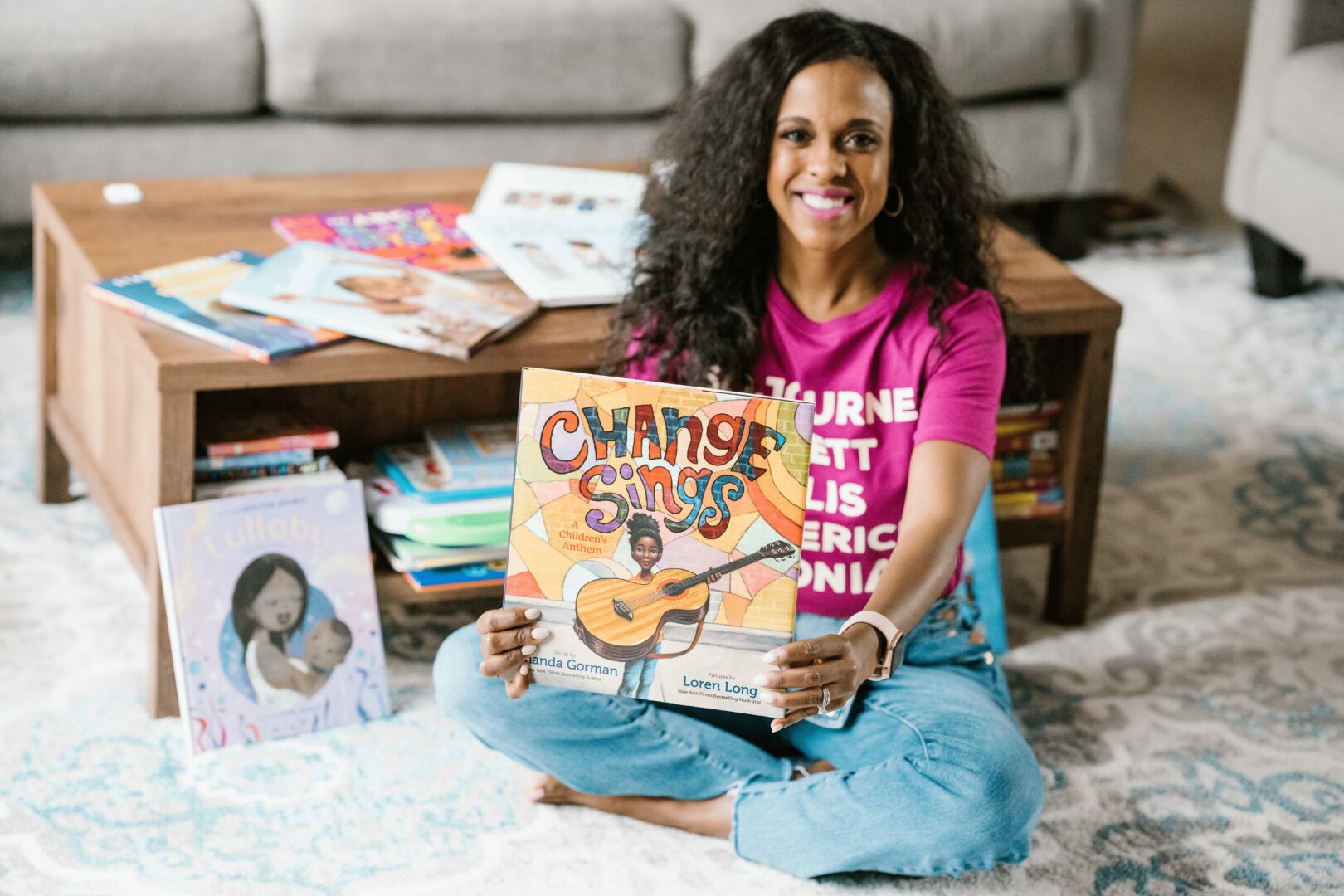
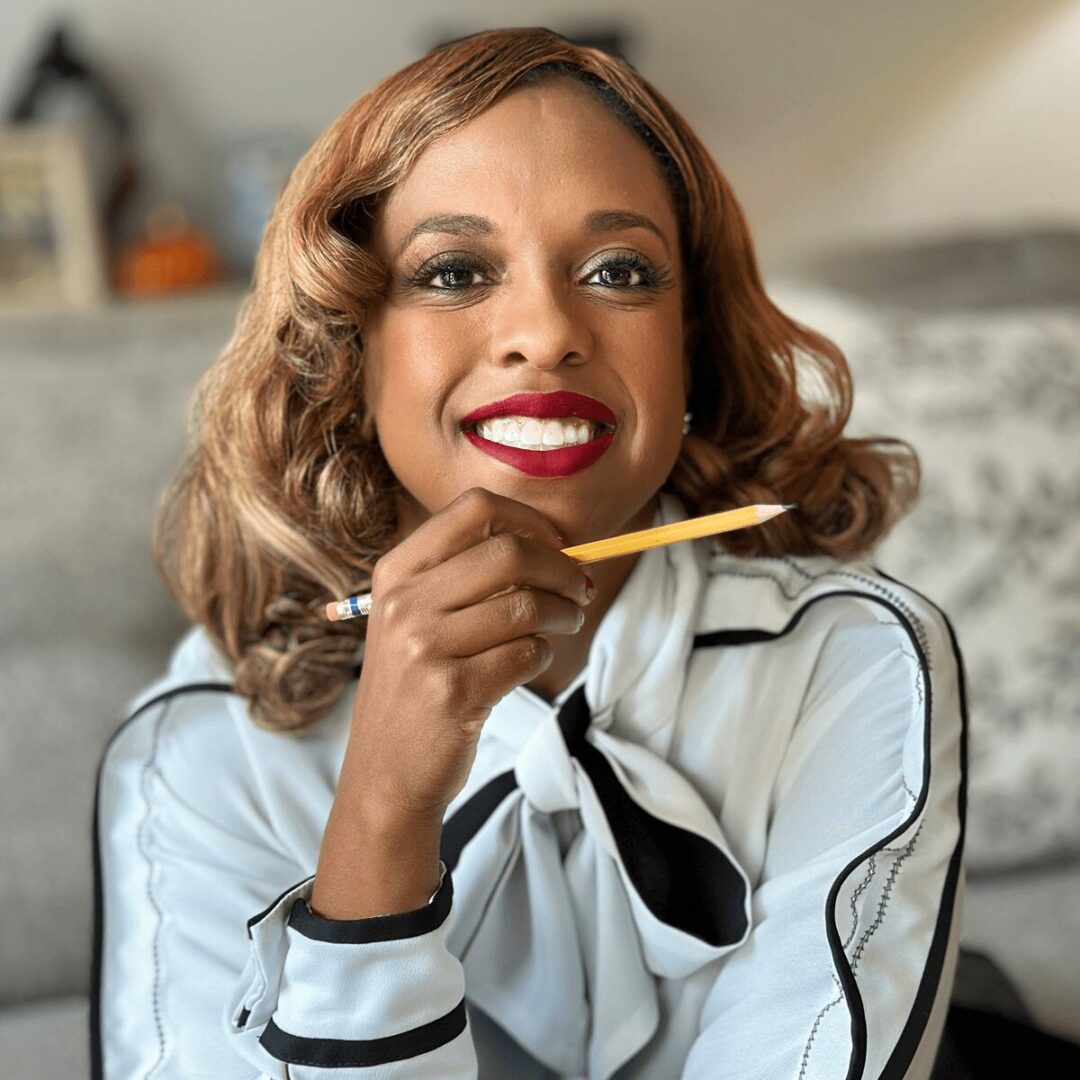
Image Credits
Adam Self Photography
Stacey Able Photography
so if you or someone you know deserves recognition please let us know here.

